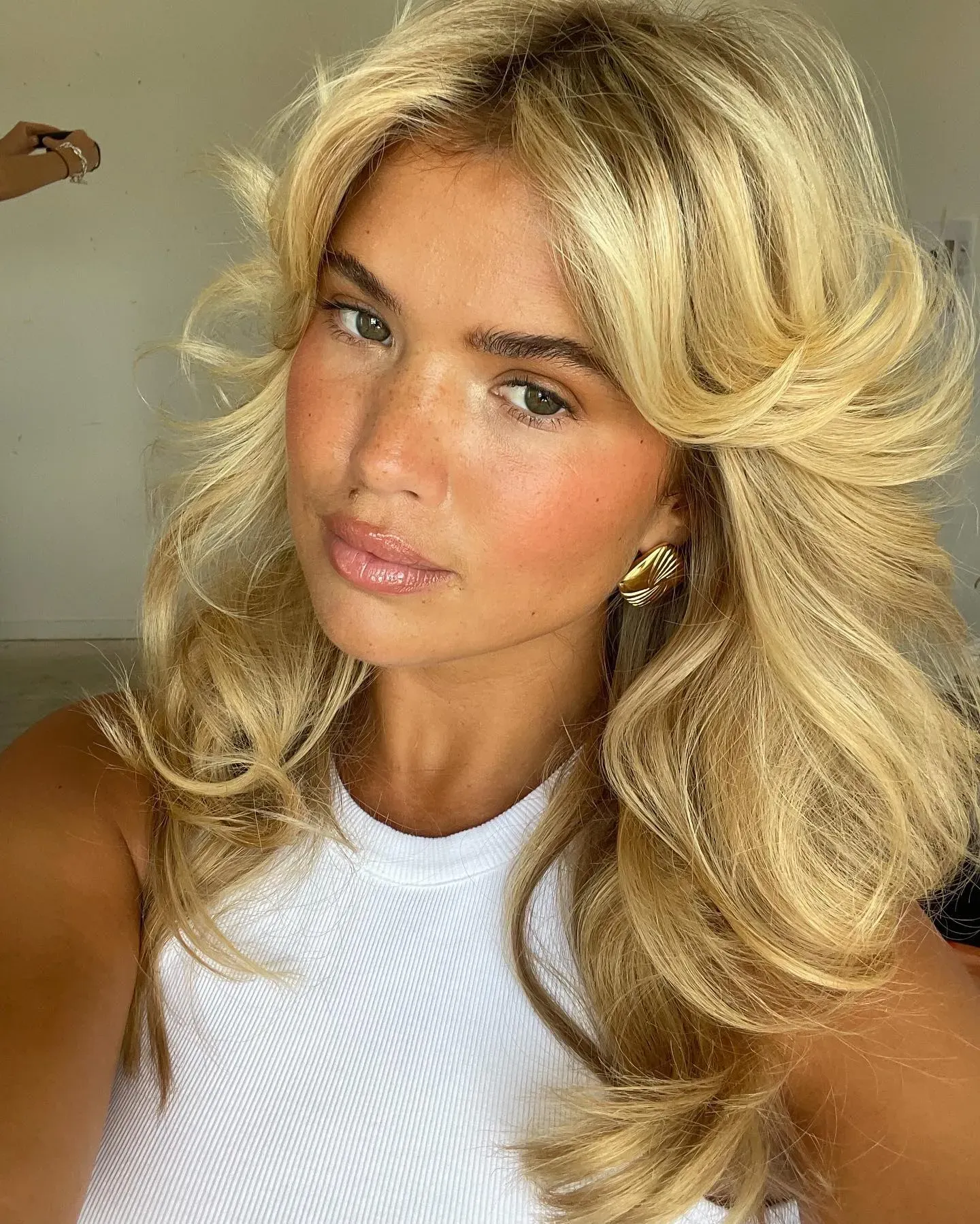CULTURE
“Jagged Little Pill” The Musical Review: 2010s Identity Politics Meet ’90s Angst
29 Dec, 19

Photo by: Gwen King / Unspalsh
Jagged Little Pill, a new Broadway musical, is an inconsistent but ultimately triumphant reimagining of Alanis Morrissette’s iconic 2019 album of the same name.
Show-writer Diablo Cody spun Morrissette’s contradictory and conflicted odes to youthful angst into the story of the Healys, a picture-perfect Connecticut-dwelling family who—of course—have a few secrets. There’s Mary Jane, an overachieving mom who finds herself in the midst of an opioid addiction; Steve, the father, a typically overworked lawyer; Nick, the beloved prodigal son who gets into Harvard but (shockingly) feels unfulfilled, and Frankie, the adopted youngest child, a budding activist struggling with being adopted and one of the few people of color in a mostly white and very wealthy town. Wealth hangs over the musical in a form that is never really addressed, but then again, Jagged Little Pill fundamentally bites off more than it could reasonably chew.
“Head Over Feet” Official Music Video | Jagged Little Pillwww.youtube.com
As a character-driven musical, Jagged Little Pill shines and falters in this department. The three best-crafted characters in the show are Frankie, Mary Jane, and Frankie’s best friend (with benefits), Jo, who struggles with her gender presentation (and her Christian mother’s resistance to it) throughout the show. In a show so totally packed with disparate plotlines, the characters aren’t always given the chance to fully grow into their personalities, and Jo’s storyline could easily have been expanded. (Still, Lauren Patten’s breathless rendition of “You Oughta Know” does make up for everything, despite being cut short by a dramatic revelation).
The show’s overwhelming, kaleidoscopic nature may be be intentional. The musical was meant to be a maximalist work, one that reflects Morrissette’s jam-packed songs by exploring tons of different social issues and the ways they intersect and bleed into each other. The show manages to tackle gun violence, sexuality, race and colorblindness, bullying, and—very prominently—#MeToo. Often the characters erupt into protests, holding signs that resemble those you might see at the next Women’s March. For a show that tackles so many sensitive issues, Jagged Little Pill avoids the cringe-factor admirably, mostly focusing on the way the issues manifest themselves in characters’ lives instead of excessively preaching.
Seeing the Present From the Future: “Jagged Little Pill” As a 2010s Time Capsule
Heading into 2020, it’s intriguing to imagine how people might look back on this decade. Jagged Little Pill offers a window into what 2010s period pieces might look like: portraits of a time fraught with identity politics and addiction, whene the climate crisis and inequality loom large and yet at the same time, differing identities like queerness are becoming more and more accepted, and women’s voices are finally being heard (in certain contexts) regarding assault and rape.
Despite the uniqueness of this time period, we’re all still human, and the burning angst of Morrissette’s songs meshes well with the chaos of the show’s contemporary setting. The musical does an admirable job of threading Morrissette’s slippery, elusive, cathartic songs into its narrative. Lyrically, Jagged Little Pill-era Morrissette works in contrasts and knots, and though the show’s characters can feel underwritten at times, they’re given permission to dive deep into their emotions and traumas through the music. Dance also features heavily; a battalion of athletic dancers often serve as physical manifestations of the same uncontrollable emotions that the music tries to express when the characters cannot.
Jagged Little Pill is at its best when it proves what we all know: that the people around us must be going through internal storms while smiling on the outside. Though unlike teen-angst-musical forefathers like Spring Awakening and Bare, it refrains from diving too deep into darkness, focusing instead on growing pains.
In the end, despite its roots in the present, this is the ageless story of an estranged mother and daughter. For Mary Jane, her arc is about letting go of her need to keep up appearances and addressing the pain and need for love that live under the ice sheath of perfectionism that cloaks her WASPy heart. For Frankie, it’s about learning that she deserves to be seen for who she is—and that her race and her beliefs and her body shouldn’t be swept aside. In the end, it’s a tale of a mother and daughter both discovering themselves, setting themselves free in the present by confronting demons of the past. Their voices, like the best declarations of rage and hope, ring out a long time after the curtain closes.
Our Journey, Our Story | “You Learn” | Jagged Little Pillwww.youtube.com
- Alanis Morissette Announces “Jagged Little Pill” Tour – Popdust ›
- Jagged Little Pill becoming a musical, should we be excited … ›
- See ‘Jagged Little Pill’ Musical Cast Perform ‘Head Over Feet … ›
- Our Journey, Our Story | “You Learn” | Jagged Little Pill – YouTube ›
- Alanis Morissette Isn’t Angry Anymore. But ‘Jagged Little Pill’ Rages … ›
- Watch the Cast of Broadway’s Jagged Little Pill Put the New Musical … ›
- Alanis Morissette’s “Jagged Little Pill” inspires a Broadway musical … ›
- On Broadway, ‘Jagged Little Pill’ Reimagines Alanis Morissette’s … ›
- Jagged Little Pill – Broadway | Tickets | Broadway | Broadway.com ›
- Jagged Little Pill (musical) – Wikipedia ›
- Home | Jagged Little Pill | Official Broadway Site ›













